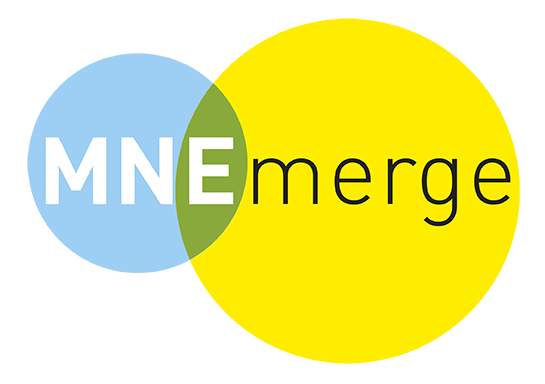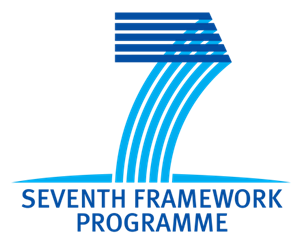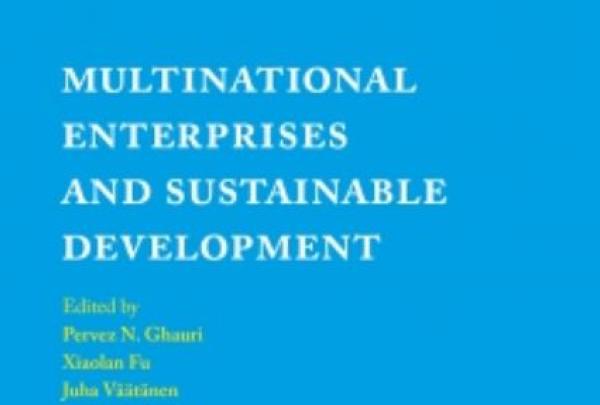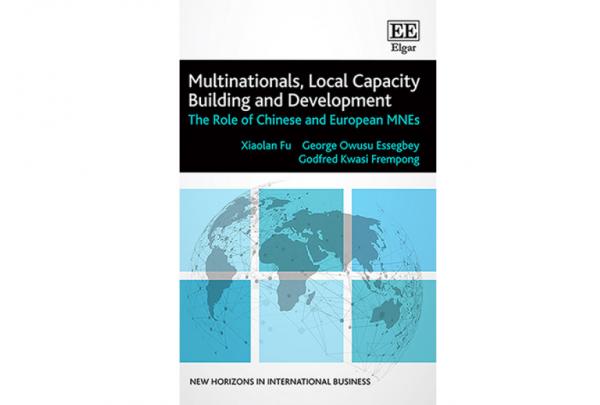MNEmerge project: MNEs and Global Development

Background
Instead of trying to combat poverty by giving foreign aid, more permanent results could be achieved by educating local people to help themselves, which could be accomplished by the means of multinational enterprises. Companies possess money, knowledge and innovations to help the citizens and governments of developing countries to improve their living conditions. The MNEmerge research team studies how multinational enterprises operate in developing countries, what kind of benefits the companies get from operating there, and how the cooperation between companies and decision-makers could be strengthened.
In MNEmerge, the impacts of the operations of multinational companies are mirrored against the United Nations (UN) Millennium Development Goals. The UN’s eight Millennium Development Goals are common development targets for the whole world: halving extreme poverty and hunger, achieving universal primary education, promoting gender equality and empowering women, reducing child mortality, improving maternal health, combating HIV/AIDS, malaria and other diseases, ensuring environmental sustainability, and developing a global partnership for development. The goals were set by the 2010 United Nations Summit and the target date for their achievement is 2015.
The field research of the MNEmerge project will be conducted in three countries, Brazil, Ghana and India. In Brazil, the objective is to study how rural communities could be electrified in a cost-effective manner. The research in Ghana focuses on assessing the impacts of the operations of Chinese large enterprises in Africa. In India, in turn, the aim is to study how sanitation and hygiene could be enhanced in rural communities in order to improve people’s health and capacity for work.
MNEmerge, A Framework Model on MNE's Impact on Global Development Challenges in Emerging Markets, is a three-year (2014-2016) international research project funded by the European Union under the Seventh Framework Programme (FP7). The project consortium consists of universities around the world, including the University of Oxford, Brunel University and King’s College London from the UK, the Lappeenranta University of Technology (LUT) and the University of Turku from Finland, and United Nations University from the Netherlands. The project is coordinated by the LUT. Other project partners include Council for Scientific and Industrial Research from Ghana, INESC P&D Brazil, and Public Health Foundation of India. The overall project budget is EUR 2.6 million.Prof Xiaolan Fu will lead the research design and methods of the project and Work package 3 assessing the impact of the operations of Chinese MNEs in Africa.


You can find further information on the project, involved partners and research agenda at the MNEmerge website here
This project has received funding from the European Union’s Seventh Framework Programme for research, technological development and demonstration under Grant Agreement No. 612889.

On 14 May 2016, MNEmerge delivered a report entitled "Methodology for data collection on studying environmental sustainability in developing economies, and the role of energy in addressing development goals.”

The 2015 MNEmerge project workshop has just taken place and it has been hosted by TMCD, University of Oxford. More than 20 participants from all the partnering institutions have attended the three days of workshop, which has been a great opportunity to exchange information on current progress, plan ahead towards the next landmarks, and contribute to the diffusion and dissemination of the findings.
Dr. Shaheen Akter presented an MNEmerge paper prepared by Professor Xiaolan Fu and herself at the Innovation Conference Ghana (ICGhana 2016) on 27 September 2016. The paper was entitled "The impact of multinationals on skills and aspirations: A comparative analysis of the subsidiaries in Ghana."

Building on experience researching firm-level innovation in Ghana, the DILIC Project in collaboration with the new MNEmerge team has completed a survey in Tanzania. The research team surveyed 300 firms in order to better understand the sources and channels of innovation for small and medium local firms in Tanzania, focusing on knowledge transfer through managerial capabilities, and examining the effects of these changes on poverty reduction.

A New book co-edited by Xiaolan Fu, published with Emerald Group Publishing, analyses the contribution of MNEs to sustainable development and provide recommendations and implications for policy makers.

Knowledge Transfer in MNEs in Africa: A Network Approach of Firm Survey Data from Ghana

TMCD Centre Director, Professor Xiaolan Fu has published a new monograph alongside George Essegby and Godfred Frempong. Entitled 'Multinationals, Local Capacity Building and Development: The Role of Chinese and European MNEs', the book presents an extensive analysis of MNEs in Africa, taking Ghana as a case study, and broaching subject matter previously unaddressed in the field.


